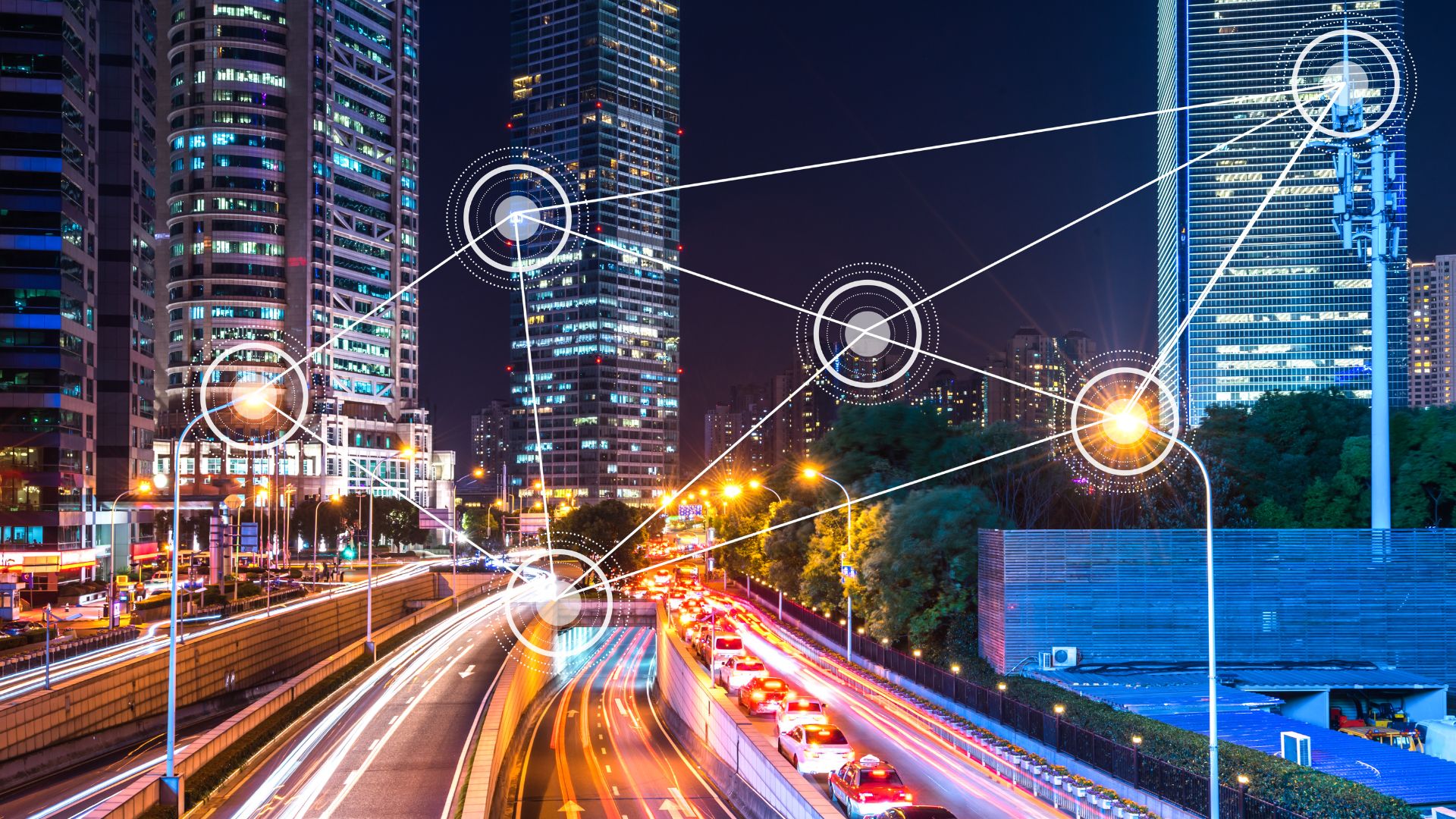Smart Cities: Exploring the Integration of Technology in Urban Environments

Smart cities represent the future of urban living, integrating advanced technology to enhance the quality of life, improve sustainability, and streamline city management. By leveraging technologies such as IoT, AI, and big data, smart cities create interconnected urban environments that are more efficient, responsive, and sustainable.

One of the key components of smart cities is the use of IoT devices to collect and analyze data in real-time. Smart sensors monitor various aspects of city life, such as traffic flow, energy consumption, air quality, and waste management. This data provides valuable insights that help city planners optimize resource allocation and improve public services.

AI plays a crucial role in smart city development by enabling predictive analytics and automated decision-making. AI algorithms analyze data from various sources to predict trends, identify potential issues, and recommend solutions. For example, AI can optimize traffic light timing to reduce congestion, predict energy demand to balance supply, and detect anomalies in infrastructure to trigger maintenance.

Furthermore, smart cities prioritize sustainability by integrating renewable energy sources and promoting efficient resource management. Smart grids, energy-efficient buildings, and sustainable transportation systems reduce the environmental impact of urban living. Additionally, smart waste management systems optimize collection routes and recycling processes, minimizing waste and promoting sustainability.

In conclusion, smart cities integrate technology to create more efficient, sustainable, and livable urban environments. By leveraging IoT, AI, and big data, smart cities enhance the quality of life and ensure the sustainable development of urban areas.
